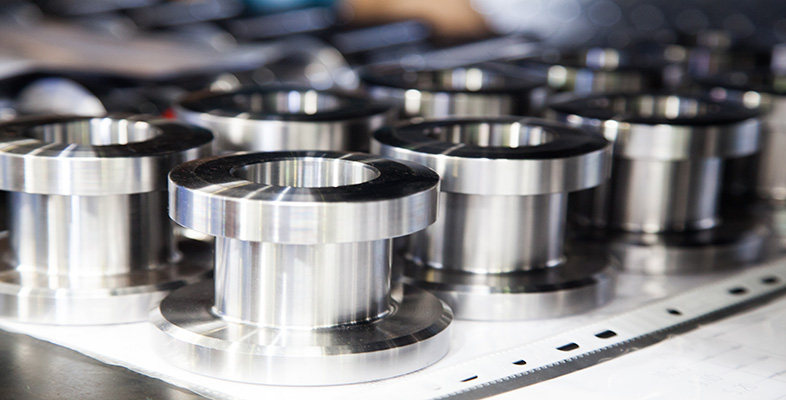2.4 Casting processes
Casting is used to produce ingots which are then used as the raw materials for forming processes such as rolling or extrusion. As an intermediate processing step, casting needs to be less carefully regulated (than other processes to make engineering products), as the properties of the final product are controlled by the forming processes which follow casting. Therefore we will concentrate on casting processes which make components.
Casting processes vary depending on the type of solid to be produced and the type of fluid used to fill the mould. The type of mould required depends on the material to be cast, and in particular, on the temperature at which it is sufficiently viscous to flow into the mould. Metals are cast when molten, so we should consider their melting point, whereas for polymers (whose fluidity can change markedly with temperature) we need to know the temperature where viscosity is low enough for reasonable flow.
